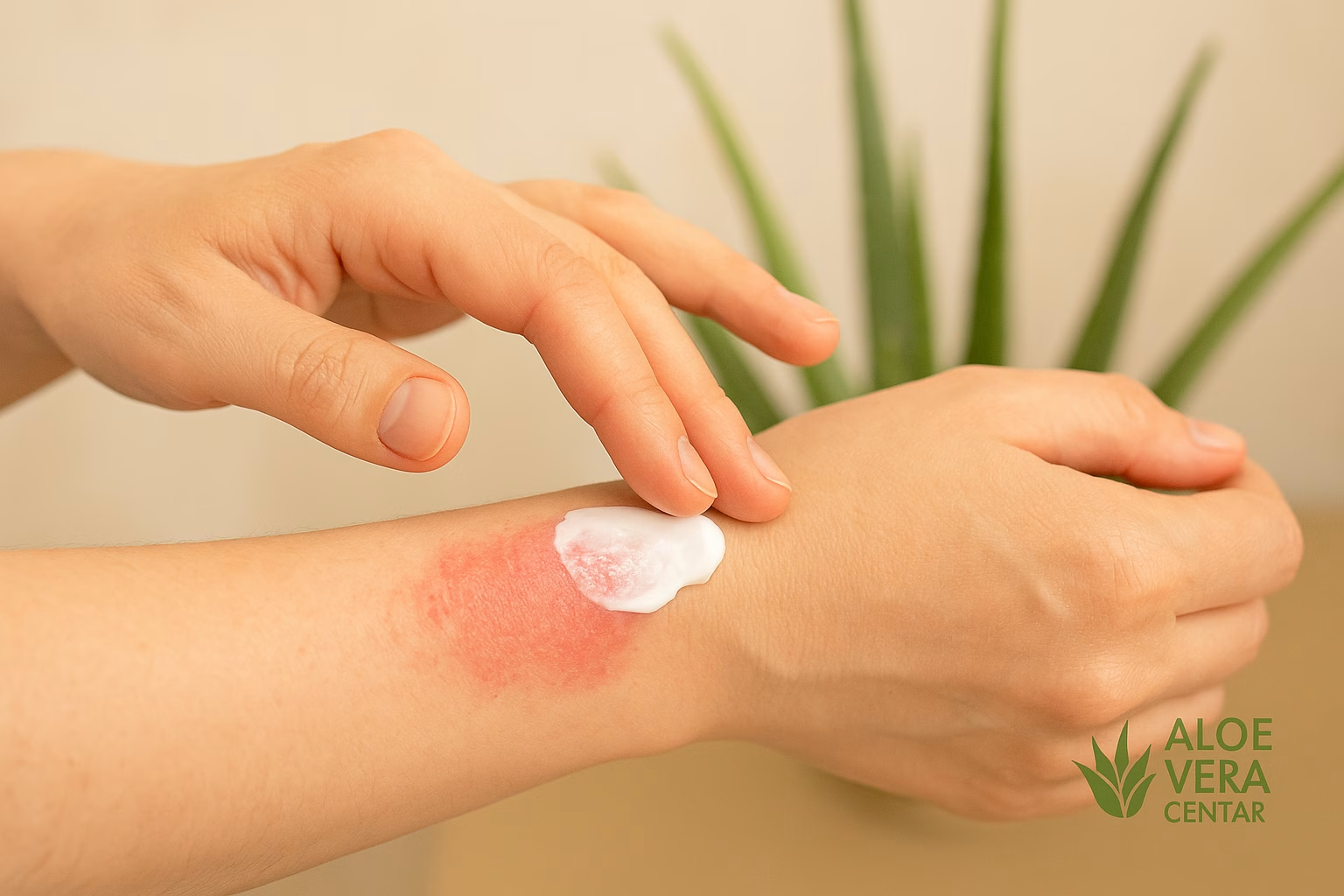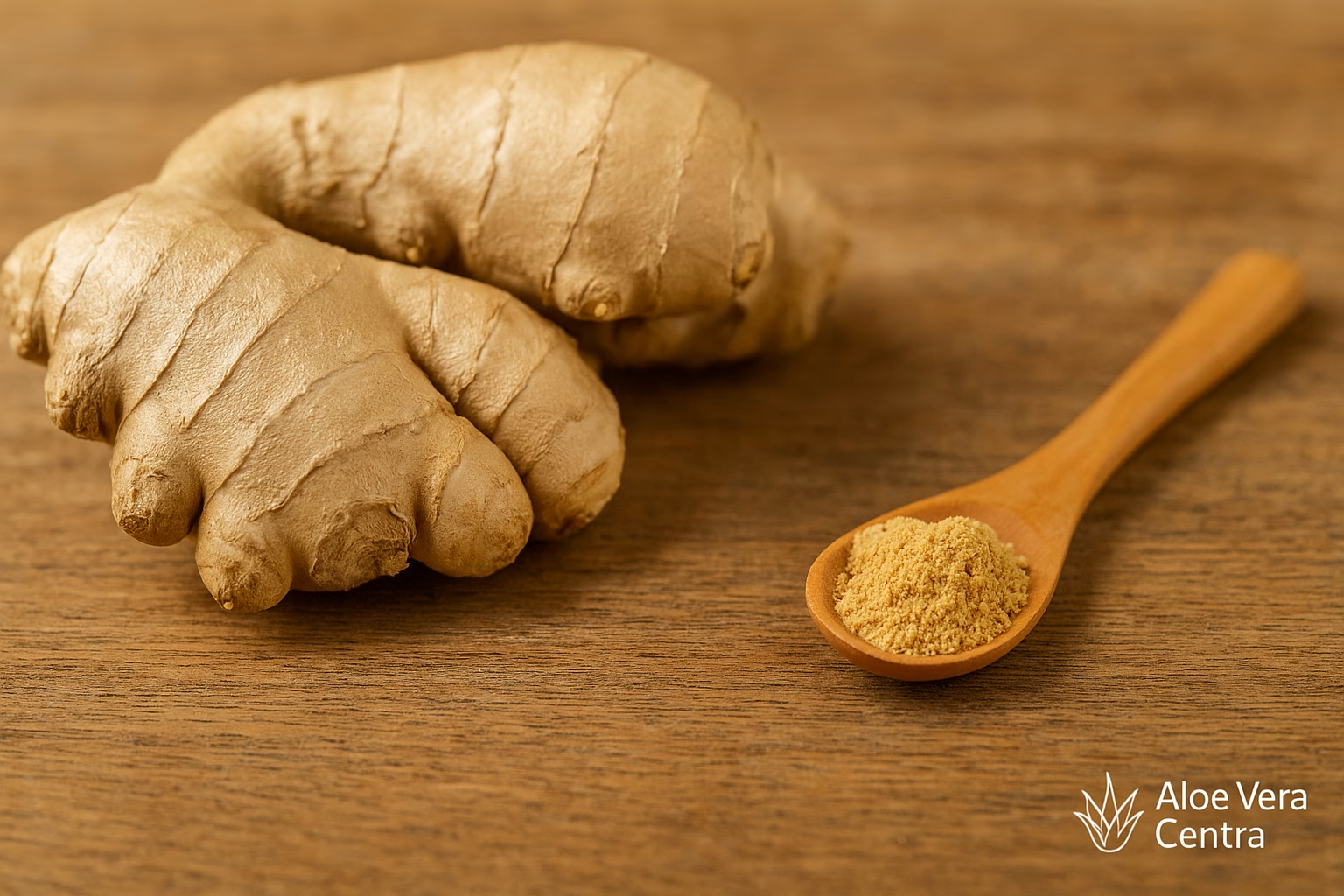
Low TSH symptoms – recognize hyperthyroidism and learn how to treat it
Low TSH: Key understanding, symptoms and natural strategies
Low TSH – you may have heard of it in the context of thyroid function, but you’re not entirely sure what it means and how it affects your body. In today’s busy world, hormone levels often hover on a thin line between balance and imbalance, and the thyroid is one of the most sensitive glands. If you’ve noticed fatigue, a rapid heartbeat, unexplained mood swings, or difficulty maintaining a healthy weight, it’s possible that low TSH levels are at play. Sounds scary? It doesn’t have to be. The goal of this article is to explain in a simple way what low TSH means, why it occurs, what symptoms you can expect, and how to help yourself with a natural approach.
So, you want to take control of your health? Great! Read on to learn how to recognize the early signs of low TSH, how to connect it to your overall hormonal system, and what you can do today to feel better. We reveal proven tips on nutrition, lifestyle habits, and natural supplements that can help you restore balance to your body.
What exactly is TSH and why is it important?
The hormone TSH (thyroid-stimulating hormone) is secreted by the pituitary gland and is crucial in regulating the functioning of the thyroid gland. Its main task is to send “orders” to the thyroid gland to produce the hormones T3 (triiodothyronine) and T4 (thyroxine). When T3 and T4 levels are low, the pituitary gland increases the secretion of TSH to “push” the thyroid gland. On the other hand, when T3 and T4 are high, the secretion of TSH decreases.
That’s why a low TSH often suggests that your body is in a state where the thyroid gland is (over)active. However, it’s not all that simple – sometimes a low TSH value occurs with other medical conditions or due to drug therapy. For example, people suffering from some forms of autoimmune diseases (such as Graves’ disease) may experience low TSH values while their T3 and T4 levels are elevated. On the other hand, in the early stages of Hashimoto’s we usually see a high TSH, but with various oscillations that can be misleading, especially if it is a mixed or atypical form.
You might be wondering why? Here’s the thing: our hormonal system works like an orchestra. If just one instrument is playing wrong, the whole melody becomes dissonant. A low TSH may be an indication that your thyroid is running on “turbo,” but it doesn’t necessarily mean that “turbo” is always good for your health.
How to recognize the symptoms of low TSH?
It’s not uncommon for people with low TSH to not notice anything at first, especially if the condition is subclinical (values are slightly below normal, but T3 and T4 hormones are still within the range). However, there are some signals that you shouldn’t ignore:
- Fast heartbeat or heart palpitations (palpitations)
- Insomnia and difficulty maintaining quality sleep
- Mood changes such as irritability and anxiety
- Unexplained weight loss despite normal or increased appetite
- Increased sweating and a feeling of internal heat
- Thin and brittle scalp or hair loss
- Irregular menstruation in women
But that’s not all… low TSH levels can be confused with other conditions, so it’s important to listen carefully to your body and have regular medical checkups.
The most common causes of low TSH levels
It often happens that we focus solely on the symptoms and forget to ask: “Why did the TSH drop?”
Here are the most common reasons:
- Overactive thyroid (Hyperthyroidism) : In hyperthyroidism, the thyroid gland produces excess T3 and T4 hormones, so the pituitary gland reduces TSH.
- Autoimmune diseases : Some, like Graves’ disease, cause the body to attack itself, which can lead to overproduction of thyroid hormones.
- Excessive thyroid hormone intake : If you are being treated for hypothyroidism and taking hormone replacement therapy, it can easily happen that your TSH levels become unnecessarily low.
- Some pregnancies : In early pregnancy, high levels of the hCG hormone can falsely lower TSH.
- Other causes : Inflammation of the thyroid gland (thyroiditis), certain medications (e.g. corticosteroids), or rare pituitary dysfunction.
Sounds too good to be true? Keep reading… Because not everything necessarily means a bad prognosis. It’s important to understand body mechanics and approach the problem holistically.
A natural approach to balancing low TSH
Modern medications can indeed help regulate hormones and relieve symptoms. However, many people want to explore additional, natural methods that can complement (but not replace) medical treatment.
1. Nutrient-rich diet
Your thyroid needs iodine, selenium, zinc, iron, and B vitamins to function properly. If you suspect you may be deficient in certain vitamins, consider a whole food diet and supplements. One popular supplement that can support overall vitality is Forever Royal Jelly . Royal jelly is rich in amino acids and nutrients that can help you feel better and have more energy.
2. Include immune system support
In autoimmune disorders, a strong immune system is often key to better hormone balance. If you notice your TSH levels fluctuating, it may be time to explore the bigger picture. Check out our article on autoimmune diseases for practical tips and learn how diet and supplements can help regulate immune responses.
3. Balance stress and lifestyle habits
Stress plays a big role in the functioning of the endocrine system. Elevated levels of cortisol (the stress hormone) can disrupt the balance of the thyroid gland. That’s why techniques such as meditation, yoga, or a simple walk in nature are extremely beneficial. Sounds simple, right? But sometimes that’s exactly what’s hardest to put into practice. Discipline yourself to spend at least 10 minutes a day doing breathing or relaxation exercises.
4. Hydration and detoxification
Irregular water intake and toxin buildup can also put a strain on your thyroid. Make staying hydrated a priority. Just drinking enough water can help reduce feelings of fatigue and regulate your metabolism.
5. Additional support with natural preparations
Aloe vera is increasingly becoming a popular supplement for improving digestion and immunity. Although it is not directly linked to TSH regulation, a strong immune system and healthy digestive system can indirectly contribute to better hormonal balance. If you are interested in learning more about the healing properties of aloe vera, check out our article on low TSH, which details some strategies for autoimmune and hormonal imbalances.
Still skeptical? According to research on PubMed , changing your diet and reducing stress can effectively stabilize thyroid hormone levels in people with subclinical disorders. Of course, for serious cases, always consult a doctor.
The importance of early diagnosis and cooperation with the doctor
Recognizing early changes in TSH levels is half the battle. To get an accurate picture, it is crucial to have a detailed blood test – not only TSH, but also fT3, fT4, anti-TPO and anti-thyroglobulin antibodies (if autoimmune diseases are suspected). Doctors often also recommend an ultrasound of the thyroid gland to check its structure, size and possible nodules.
Whether you choose traditional medical therapy, natural supplements, or a combination of both, the emphasis is on teamwork between you and your healthcare professional. Every person is unique, so there is no one-size-fits-all approach. What works perfectly for your friend may not be ideal for you.
If you want to delve deeper into the natural way to treat thyroid disorders and possible autoimmune conditions, we also recommend interesting guidelines in the article on Hashimoto’s . The connection between low and high TSH is sometimes more tenuous than we think, so it’s good to understand both sides of the story.
Did you know that there is AI support for choosing personalized solutions?
Today’s fast-paced life demands fast and accurate solutions. If you want to find out in a few clicks which diet or supplement is best for your hormonal balance, you can use our AI advisor . This technology provides personalized guidance based on your needs, but it is not a substitute for medical advice.
Experiences and a short story from practice
Katarina, a 42-year-old mother of two, had been struggling with maintaining a healthy weight and energy levels for years. Her blood test showed that her TSH was slightly low, but her T3 and T4 were within normal limits. However, she was feeling nervous and sweating more. In collaboration with her endocrinologist, she decided to improve her diet – she cut out ultra-processed foods and increased her vegetable intake, and she also started meditating for 15 minutes a day. She also took a royal jelly supplement to support her entire body. After three months, her hormone levels stabilized, and Katarina felt much better. Although it was not a “miracle recovery”, it was the small changes in her daily life that brought her enormous relief.
If you also want to go down that path, you may be ready for concrete action. For all those who want to equip themselves with high-quality natural supplements and save money, we have provided a 15% discount on the first order. Could it be simpler?
Frequently asked questions
1. How to distinguish the symptoms of low TSH from other hormonal disorders?
The most accurate way is to have your hormones tested in a laboratory and consult a doctor. Symptoms such as rapid heartbeat, nervousness, or weight loss can also occur with other conditions. That’s why it’s crucial to have a complete blood count (TSH, T3, T4, antibodies) and possibly a thyroid ultrasound.
2. Can low TSH levels be “fixed” with diet alone?
It depends on the cause. If the disorder is mild or subclinical, dietary and lifestyle changes can help significantly stabilize hormones. However, in cases of more severe disorders or autoimmune diseases, medical supervision and medication may be necessary.
3. What foods are most important for supporting the thyroid?
The emphasis is on foods rich in iodine (seaweed, saltwater fish), selenium (Brazil nuts), zinc, and B vitamins (whole grains, eggs). However, it is important to be mindful of balance and not overdo it with iodine if there is an autoimmune component.
4. Is it necessary to visit both an endocrinologist and an immunologist?
If there are clear indications for an autoimmune disease, collaboration with an immunologist can be very beneficial. An endocrinologist is the first choice for all thyroid-related problems, but sometimes a multidisciplinary approach is needed to get the full picture.
Conclusion
Low TSH can be confusing and cause feelings of insecurity, but with timely diagnosis, dietary and lifestyle changes, and collaboration with a doctor, most people can find balance. Remember that every body is unique – what works for your neighbor may not be ideal for you. Encourage yourself to explore natural approaches, try small changes in diet or activity, and see how your body responds.
Ready to take the next step? Get started and treat yourself to advice that is personalized for your condition – with the help of an AI advisor, you will receive quick and practical guidance. Also, if you have been thinking about getting natural supplements to support your health, take advantage of a 15% discount on your first order. Your health deserves it!
Disclaimer: This article is for informational purposes only and is not a substitute for professional medical advice. For specific diagnosis and treatment, please consult a physician or licensed healthcare professional.








